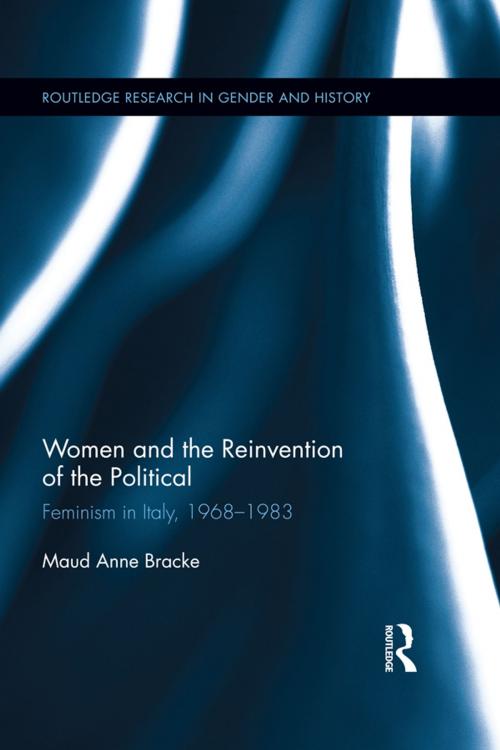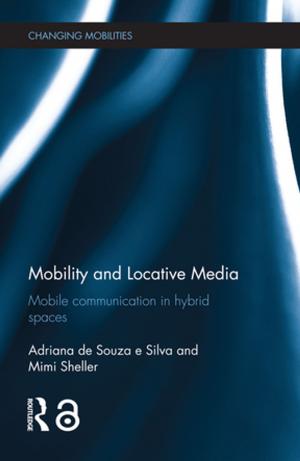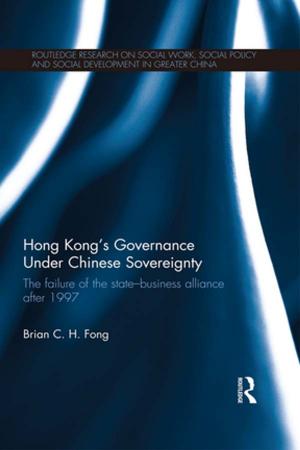Women and the Reinvention of the Political
Feminism in Italy, 1968-1983
Nonfiction, History, Western Europe, Italy, Modern, 20th Century| Author: | Maud Anne Bracke | ISBN: | 9781317674115 |
| Publisher: | Taylor and Francis | Publication: | July 11, 2014 |
| Imprint: | Routledge | Language: | English |
| Author: | Maud Anne Bracke |
| ISBN: | 9781317674115 |
| Publisher: | Taylor and Francis |
| Publication: | July 11, 2014 |
| Imprint: | Routledge |
| Language: | English |
This is the first in-depth study of the feminist movement that swept Italy during the "long 1970s" (1968-1983), and one of the first to use a combination of oral history interviews and newly-released archive sources to analyze the origins, themes, practices and impacts of "second-wave" feminism. While detailing the local and national contexts in which the movement operated, it sees this movement as transnationally connected.
Emerging in a society that was both characterized by traditional gender roles, and a microcosm of radical political projects in the wake of 1968, the feminist movement was able to transform the lives of thousands of women, shape gender identities and roles, and provoke political and legislative change. More strongly mass-based and socially diverse than its counterparts in other Western countries at the time, its agenda encompassed questions of work, unpaid care-work, sexuality, health, reproductive rights, sexual violence, social justice, and self-expression.
The case studies detailing feminist politics in three cities (Turin, Naples, and Rome) are framed in a wider analysis of the movement’s emergence, its transnational links and local specificities, and its practices and discourses. The book concludes on a series of hypotheses regarding the movement’s longer-term impacts and trajectories, taking it up to the Berlusconi era and the present day.
This is the first in-depth study of the feminist movement that swept Italy during the "long 1970s" (1968-1983), and one of the first to use a combination of oral history interviews and newly-released archive sources to analyze the origins, themes, practices and impacts of "second-wave" feminism. While detailing the local and national contexts in which the movement operated, it sees this movement as transnationally connected.
Emerging in a society that was both characterized by traditional gender roles, and a microcosm of radical political projects in the wake of 1968, the feminist movement was able to transform the lives of thousands of women, shape gender identities and roles, and provoke political and legislative change. More strongly mass-based and socially diverse than its counterparts in other Western countries at the time, its agenda encompassed questions of work, unpaid care-work, sexuality, health, reproductive rights, sexual violence, social justice, and self-expression.
The case studies detailing feminist politics in three cities (Turin, Naples, and Rome) are framed in a wider analysis of the movement’s emergence, its transnational links and local specificities, and its practices and discourses. The book concludes on a series of hypotheses regarding the movement’s longer-term impacts and trajectories, taking it up to the Berlusconi era and the present day.















